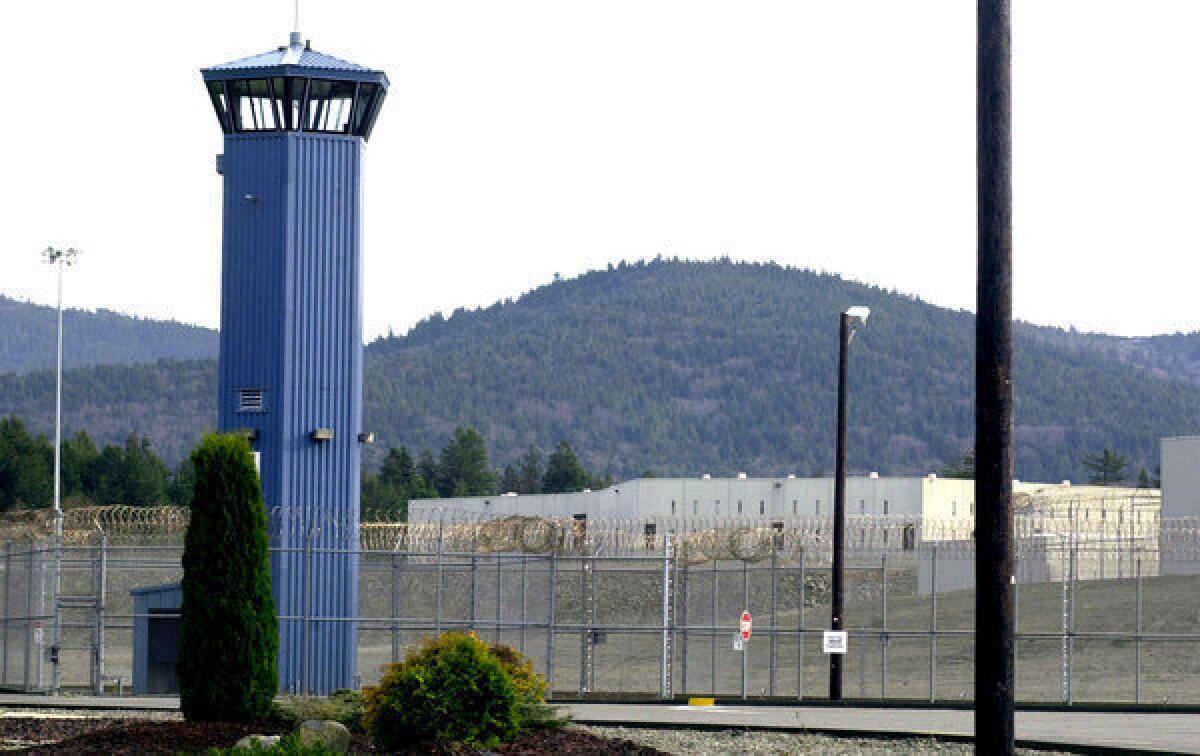Prison protesters who drink Kool-Aid aren’t counted in tallies

- Share via
California’s prison hunger strike entered its 17th day Wednesday with 707 inmates continuing to refuse meals, and inmate advocates complaining those who turn down food but drink electrolytes or Kool-Aid are not being included in the state’s protest count.
“Some inmates said they were on a solid food-only hunger strike,” said Carol Strickman, an attorney with the inmate support group Prisoners with Children. “If they want to drink tea, electrolytes, we feel they should be allowed to do that.”
An official with the court-appointed medical receiver’s office, which runs prison medical programs in California, confirmed that those refusing food but accepting liquids are not included in the protest tally. However, said Joyce Hayhoe, those inmates are receiving medical attention as necessary.
The receiver’s office reported eight inmates at three prisons required medical checks, and one at Corcoran State Prison was moved to an outside hospital for testing and observation. A 10th inmate, at Pelican Bay State Prison, was given intravanous fluids and sent back to his cell, she said.
Medical care is important at this point in the protest, as some inmates resume eating after refusing food for more than two weeks, Hayhoe said. “We’re worried about refeeding syndrome,” she said, referring to a potentially fatal shift in electrolytes if someone eats too much food immediately after fasting.
Hayhoe said most physical issues raised by inmates participating in the hunger strike over prison conditions currently include complaints of light-headedness, dizziness and dehydration.
When the protest began, more than 30,000 prisoners refused meals.
ALSO:
California officials, inmate advocates discuss hunger strike
California bars inmate rights lawyer from state prisons
Gang members say aim of strike is to ‘sell drugs, make money’
Twitter: @paigestjohn
More to Read
Get the L.A. Times Politics newsletter
Deeply reported insights into legislation, politics and policy from Sacramento, Washington and beyond. In your inbox three times per week.
You may occasionally receive promotional content from the Los Angeles Times.











